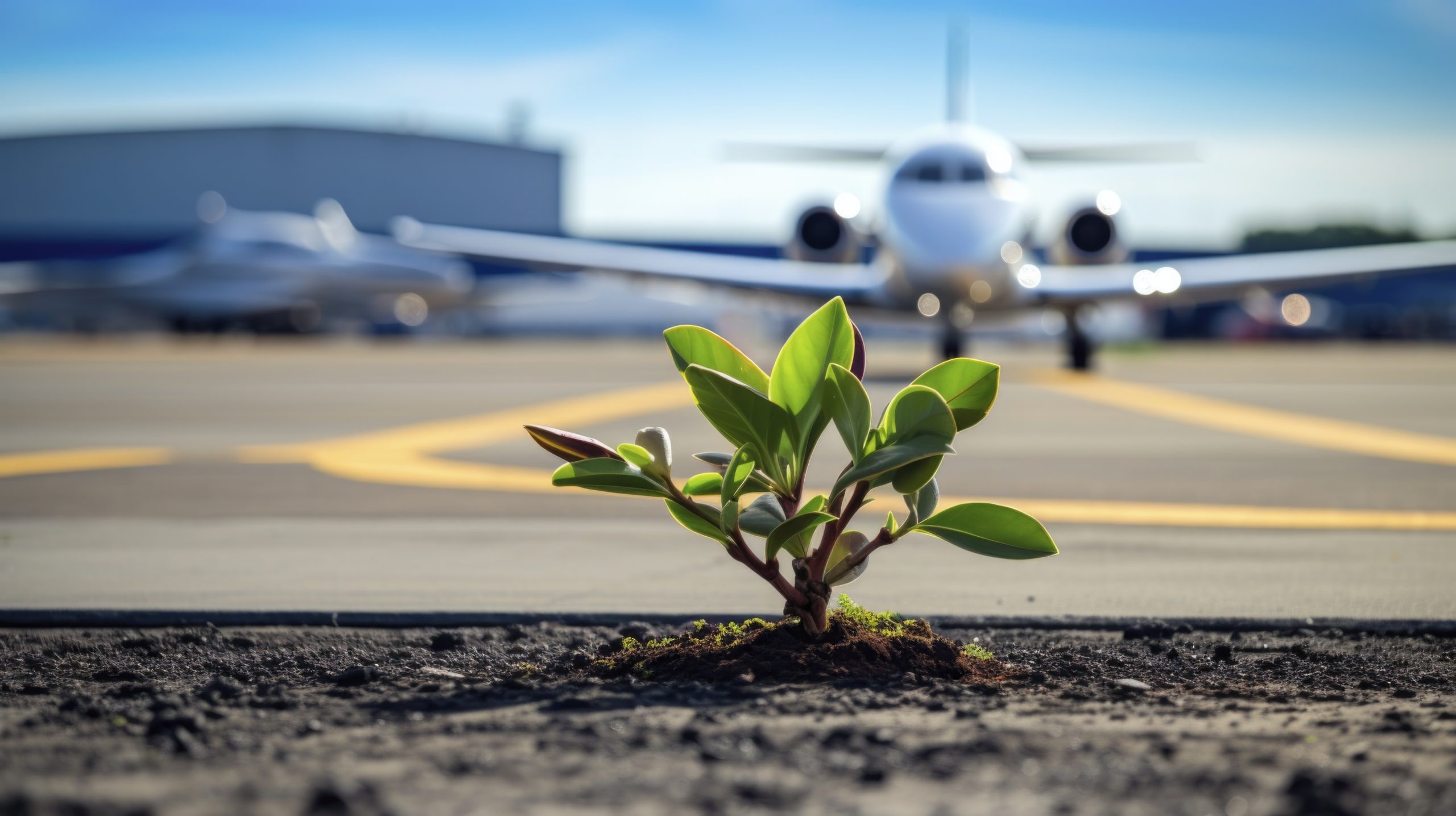Private jets, often associated with luxury and extravagance, have faced scrutiny regarding their environmental impact. However, advancements in technology and operational practices have made them more compatible with environmental sustainability. Here are several reasons why private jets can be considered environmentally friendly:
Efficiency
Modern private jets are engineered for fuel efficiency. They utilize advanced aerodynamics, lightweight materials, and fuel-efficient engines to minimize fuel consumption per passenger mile. Compared to older models, newer jets have significantly reduced carbon emissions and fuel burn rates.
Advanced Engine Technology
Private jets are equipped with state-of-the-art engines designed to meet stringent emissions standards. Many utilize turbofan engines, which are more fuel-efficient and produce lower emissions compared to older turbojet engines. Moreover, continuous research and development in engine technology have led to improvements in fuel efficiency and reduced nitrogen oxide emissions.

Biofuels Integration
The aviation industry, including private jets, is actively exploring the use of sustainable aviation fuels (SAFs). These fuels can be derived from various renewable sources such as agricultural residues, algae, and waste oils. When blended with conventional jet fuel, SAFs can significantly reduce greenhouse gas emissions without requiring modifications to existing aircraft or infrastructure.
Operational Efficiency
Private jets offer flexibility and convenience, allowing passengers to reach their destinations directly and avoid layovers and congested airports. By flying direct routes, private jets reduce overall flight time and fuel consumption compared to commercial flights, which often involve multiple stops and detours.
Carbon Offsetting Programs
Many private jet operators participate in carbon offsetting programs to mitigate their environmental impact. These programs involve investing in projects that reduce or offset greenhouse gas emissions, such as reforestation initiatives, renewable energy projects, and methane capture programs. Through carbon offsetting, private jet travelers can support environmental conservation efforts and minimize the net carbon footprint of their flights.

Noise Reduction
While not directly related to environmental sustainability, advancements in aircraft design and engine technology have led to quieter private jets. Reduced noise pollution benefits both local communities and wildlife near airports, contributing to overall environmental well-being.
Improved Air Traffic Management
Private jet operators are increasingly adopting advanced air traffic management systems and procedures to optimize flight routes and reduce fuel consumption. By leveraging real-time data and analytics, pilots can make informed decisions to minimize flight times, fuel burn, and emissions while maintaining safety and efficiency.
Investment in Sustainable Practices
Many private jet manufacturers and operators are investing in research and development to further enhance the environmental performance of their aircraft. This includes exploring alternative propulsion technologies such as electric and hybrid-electric propulsion systems, which have the potential to significantly reduce carbon emissions and dependence on fossil fuels in the long term.
Regulatory Compliance
Private jet operations are subject to stringent regulations governing emissions, noise levels, and environmental impact. Compliance with these regulations ensures that private jet operators adhere to environmental standards and continuously improve the sustainability of their operations.
Education and Awareness
Increasing awareness about environmental issues within the private jet industry encourages operators and passengers to adopt more sustainable practices. By promoting eco-friendly initiatives and encouraging responsible behavior, stakeholders can collectively work towards minimizing the environmental footprint of private jet travel.

In conclusion, while private jets have historically been criticized for their environmental impact, ongoing technological advancements, operational improvements, and industry initiatives are making them increasingly compatible with environmental sustainability. By embracing innovation, adopting sustainable practices, and promoting awareness, the private jet industry can contribute to a more environmentally friendly aviation sector.
STRATUS
as a leading private jet charter company operating in Iran and the GCC region, prioritizes environmental compatibility in its operations. By investing in modern, fuel-efficient aircraft equipped with advanced engine technology, STRATUS reduces carbon emissions and minimizes its environmental footprint. The company actively explores the integration of sustainable aviation fuels (SAFs) and participates in carbon offsetting programs to further mitigate its impact on the environment. Through continuous research and development, STRATUS remains committed to enhancing the sustainability of its fleet and promoting eco-friendly practices within the private jet industry. With a focus on efficiency, innovation, and environmental responsibility, STRATUS sets a precedent for environmentally conscious air travel in the region.